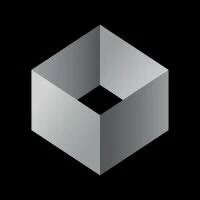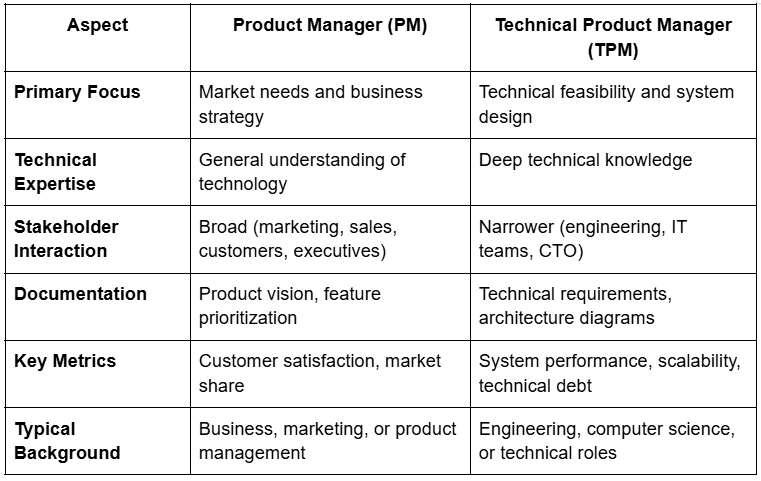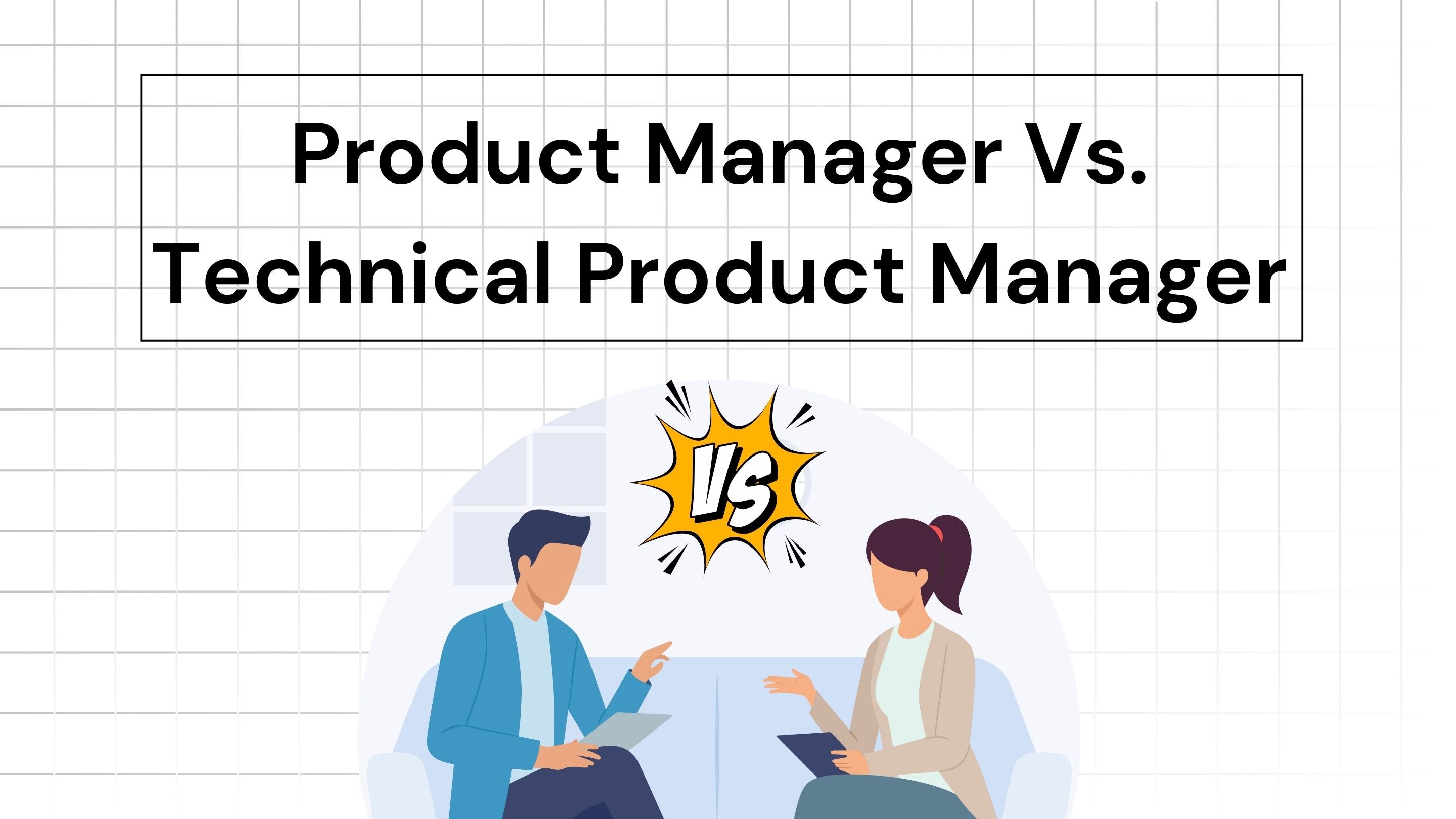
Iterate AI
Dec 25, 2024
If you are offered a job as a PM or TPM, you would definitely want to know what exactly the role needs of you.
The roles of Product Manager (PM) and Technical Product Manager (TPM) share similarities but differ in focus and expertise. Companies look for PMs and TPMs specifically based on their business needs. Read on to learn more about the differences and skills required.
Who is a Product Manager?
A Product Manager (PM) oversees a product's lifecycle from ideation to launch, ensuring it meets customer needs and business goals.
Core responsibilities of a product manager:
Product vision and strategy: Define the long-term vision and roadmap. Strategize to address core problems of the product to make it revenue positive.
Research: Conduct research to understand customer needs, market trends, and competitors and strategize based on it.
Stakeholder collaboration: Work with design and engineering to create a product or feature and sales and marketing to share the product knowledge to market. They would also need to collaborate with founders and other leaders to report, ensure business alignment and take feedback.
Feature prioritization, release and iteration: Decide which features to develop based on customer value and business impact. Coordinate releases, gather user feedback, and iterate for continuous improvement.
💡 Setting Up Data analytics is easy for PMs with Iterate AI
PMs don't need technical expertise or know coding to set up analytics for their product with Iterate AI. You can click on actions to create events and Iterate AI will generate the code for you to just review and add. Learn how.
Typical background of product manager
Product Managers often come from backgrounds in business, engineering, or product management, focusing on customer-facing roles. While a technical background can be beneficial, it is not mandatory specifically for
Who is a Technical Product Manager?
A Technical Product Manager does everything product managers do but they have more acumen in technical aspects of product development and engineering.
Core responsibilities of a technical product manager:
Technical requirements: Define detailed technical specifications for features and integrations such as writing Product Requirement Documents (PRD). Create and maintain technical documentation, such as user stories and architecture diagrams.
Collaboration with engineering: Partner with development teams to ensure technical feasibility and address challenges resource constraints, technical roadblocks, and system integration issues.
System design and architecture: Oversee decisions related to APIs, databases, and system performance.
Typical background of technical product manager
Technical Product Managers typically come from engineering or computer science backgrounds, often with hands-on experience in software development, system architecture, or IT.
Product Manager Vs. Technical Product Manager: Differences and Similarities
Here is a table consolidating the differences and similarities:

How to Choose Between a Product Manager and a Technical Product Manager
Organizations may benefit from a PM when focusing on market-driven decisions and a TPM when technical complexities dominate product development. For example:
Startups: May favor PMs initially to define the product’s market fit.
Technology-heavy products: (e.g., cloud platforms, APIs) often require a TPM to ensure technical alignment.
The Today's Truth of PM Vs. TPM
Initially when SaaS boomed there were separate PM and TPM roles. Today, most PM roles require technical acumen. In fact, many PM roles look for specific technical expertise, for instance, AI, Cloud, etc.
That said, businesses come with different requirements and it is best if you learn what the role demands of you by talking to your hiring manager.
